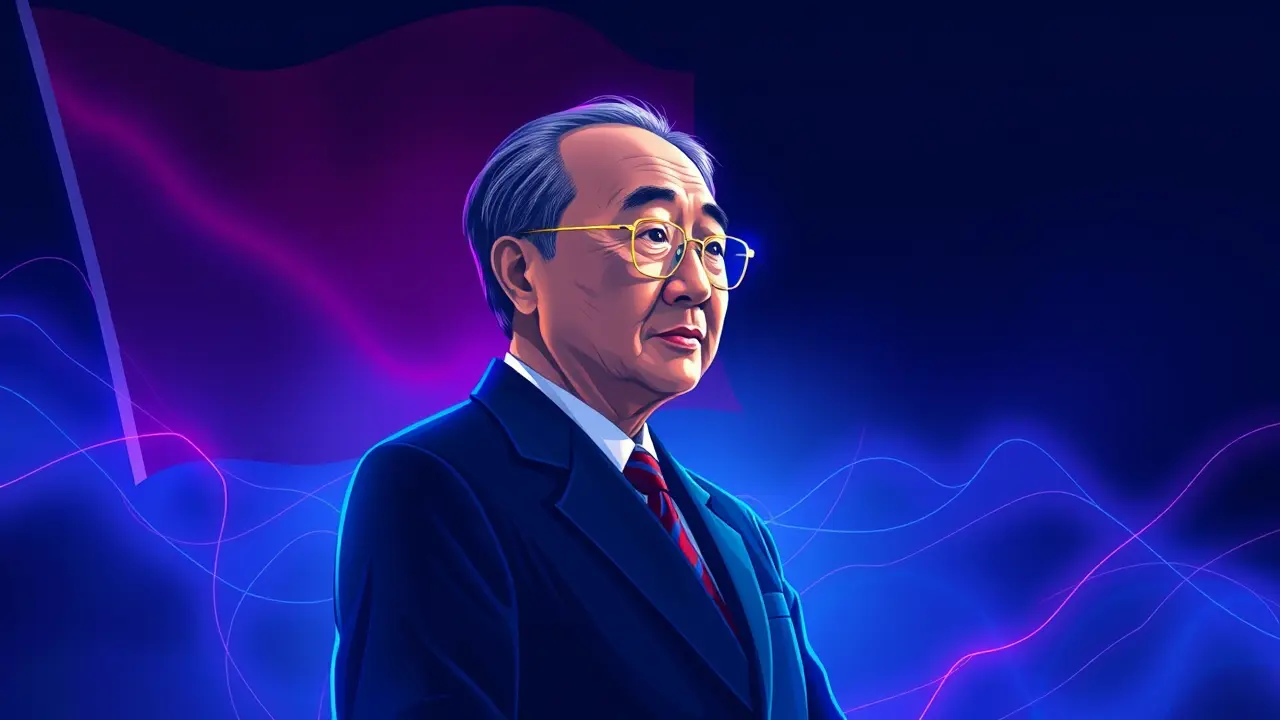China Mourns Former Japanese PM Murayama for WWII Remorse
China has extended its official condolences upon the death of Tomiichi Murayama, the former Japanese prime minister who, on the 50th anniversary of the end of World War II, delivered a landmark statement expressing profound remorse for his nation's wartime actions, a diplomatic gesture that resonated deeply across Asia and established a fragile but crucial framework for reconciliation that has been tested by subsequent administrations. Murayama, who led Japan's coalition government from June 1994 to January 1996, passed away at the venerable age of 101, marking the end of an era for a statesman whose 1995 address stands as a rare and unequivocal official apology for the suffering inflicted by Imperial Japan, a moment that Chinese foreign ministry spokesman Lin Jian explicitly acknowledged by conveying Beijing's 'deep condolences' and 'sincere sympathies' to the family, while formally recognizing Murayama as 'China’s old friend,' a title bestowed sparingly and carrying significant political weight.The historical gravity of Murayama's apology cannot be overstated; delivered at a time of heightened regional tension, it represented a conscious break from the more ambiguous language often employed by Japanese officials, directly acknowledging Japan's 'colonial rule and aggression' and causing 'tremendous damage and suffering,' a formulation that, while not satisfying all victims, provided a diplomatic cornerstone that China has repeatedly invoked in the decades since, particularly as a benchmark against which to measure the statements of his successors. This context is vital for understanding the current geopolitical landscape, where Murayama's legacy is a point of contention; his vision of a pacifist Japan, constrained by its post-war constitution, stands in stark contrast to the more assertive defense and security policies pursued by recent governments, a shift that Beijing watches with acute suspicion, viewing it as a potential erosion of the post-war settlement that Murayama’s apology helped to cement.The careful, almost reverential tone from Beijing in this instance serves a dual purpose: it honors a genuine political partner while simultaneously sending a clear, instructive message to Tokyo about the behavioral expectations for a normalized relationship, a diplomatic maneuver reminiscent of Churchill's use of historical precedent to shape contemporary policy debates. Analysts will be watching closely to see if Murayama's passing becomes a moment for reflection and a recommitment to his path, or if it merely underscores how far bilateral relations have drifted from that 1995 high point, with the South China Sea, Taiwan, and renewed military alliances creating friction that his philosophy of heartfelt contrition was designed to alleviate. Ultimately, the mourning for Murayama in China is not merely for a man, but for a specific, increasingly elusive vision of Sino-Japanese relations—one built on a clear-eyed acknowledgment of history as the only viable foundation for a stable future, a principle that now faces its most severe test in a generation.
JA
Jamie Larson123k2 days ago
tbh it feels like we're moving further from that kind of leadership now smh
0
